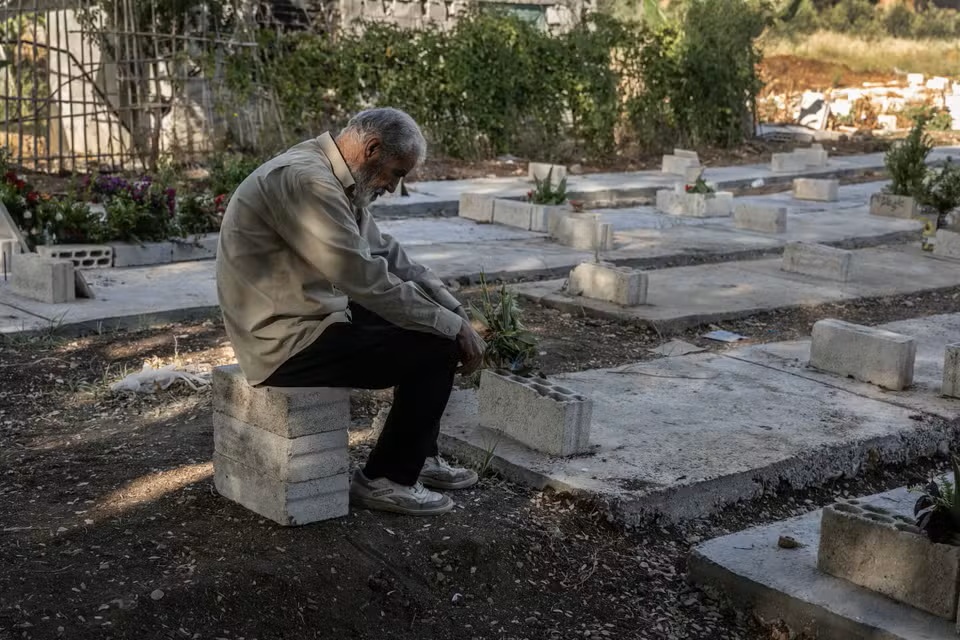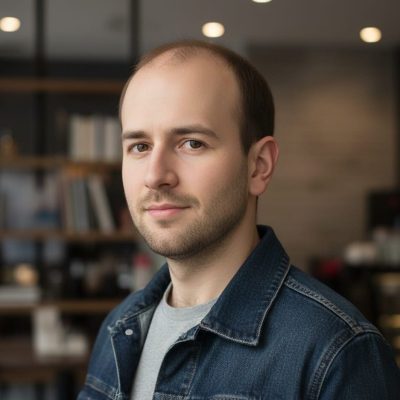
The interim Syrian Administration under President Ahmad al-Sharaà’s so-called Fact-Finding Committee released its official report on the massacres that devastated Alawite villages in the country’s coastal region between March 6 and March 30. Framed as a gesture of transparency and justice, the report is, in truth, a carefully crafted piece of political theatre; a play that seeks not to reveal the truth, but to obscure it.
By Rafic Taleb
The report declares a death toll of 1,426 civilians, including 90 women, and vaguely acknowledges 20 missing persons. It claims to have identified 298 suspects—whose names remain sealed—and lays the blame on anonymous “remnants of the former regime” and “diverse groups.”
Phrases designed not to inform, but to obfuscate. By refusing to name individuals or trace the chain of command, the report shields the very institutions implicated in the crimes.
Despite boasting about 33 field visits, 938 testimonies, and support from the Ministry of Defence, the committee’s findings remain thin, imprecise, and strategically limited. The window of the investigation was arbitrarily set between March 6 and 9, ignoring the fact that the massacres continued into late March. Recommendations for legal reform and reparations are offered in place of genuine accountability, while the deeper structure of state violence is left untouched.
The Syrian Observatory for Human Rights
Independent human rights organisations tell a drastically different story. The Syrian Observatory for Human Rights (SOHR) has documented at least 1,682 civilian deaths, 63 massacres, and more than 1,200 enforced disappearances. These numbers alone expose the committee’s report as either a gross miscalculation or a deliberate manipulation of the truth.
Local civilian-led documentation efforts, many organised by survivors and community members, estimate the actual death toll at 12,856 civilians across 66 separate massacres. These efforts, rooted in kinship networks and intimate local knowledge, have produced the most credible and comprehensive record to date.
Even more alarming is an unverified but consistent testimony from a defector formerly affiliated with Hay’at Tahrir al-Sham. According to his account, he was informally tasked by Ministry of Defence officials with helping to bury the victims. The remains were allegedly collected by White Helmets and emergency personnel, then transported to secret sites in Idlib and buried in three mass waves.
He estimates between 28,000 and 31,000 bodies were disposed of—numbers that would place these events among the worst mass killings in recent history. Though not officially confirmed, the consistency of such testimonies and their alignment with independent reports demand an urgent international investigation.
According to the Reuters report on the Black March massacres (June 30, 2025), the groups implicated in the killings include:
HTS-linked units (Unit 400, Othman Brigade, General Security Service), Turkish‑backed militias (Hamza Division, Sultan Suleiman Shah Brigade “Amshat”), Sunni rebel factions (including Jaysh al‑Islam, Jaysh al‑Ahrar, Jaysh al‑Izza), foreign fighters (Turkistan Islamic Party, Uzbeks, Chechens, Arab fighters), and armed Sunni civilian militias, all operating under the interim Syrian Administration led by Al-Sharaa.
These factions reportedly consist of foreign, Arab, and Syrian fighters. These groups formed the core of the assault forces that overran the targeted coastal villages. Their involvement, omitted entirely from the official report, underscores the document’s glaring omissions and political intentions.
An Invalid Methodology
The committee’s methodology is fundamentally flawed. By using vague and non-committal language - “suspicion,” “diverse actors,” “remnants” - the report deliberately evades the question of responsibility.
The refusal to name any individuals, the narrowing of the timeframe, and the exclusion of broader geographic areas all suggest a tightly controlled narrative shaped to serve the administration’s interests. Testimonies were reportedly gathered in isolation, not as part of a transparent legal inquiry, but under conditions that discourage victims’ families from speaking openly.
Legally, the report is a masterclass in misdirection. It fails to implicate any known figures from the security or military apparatus, even though the massacres occurred in areas either held or surrounded by government forces. It describes the crimes as uncoordinated “outbursts” by emotional actors, rather than systematic acts carried out under orders.
The disappearance of more than 1,200 people—most of them civilians—is reduced to an afterthought. No detention sites are named, no chains of custody are identified, and no serious attempt is made to locate the missing.
From a human rights standpoint, the report dehumanises the victims. Not a single name, story, or photograph is included. The suffering of families is erased, their testimonies sidelined, their grief politicised. The horror is transformed into cold statistics and sterilised language. Victims are not honoured—they are managed.
Politically, the report fits neatly into the interim Syrian Administration under Al-Sharaà’s long-standing strategy of denial and diffusion. By suggesting that the crimes were caused by chaos or committed by undefined “violators of orders,” it absolves central leadership. The report serves to reinforce the existing authoritarian structure rather than challenge it. It ignores independent documentation, disregards grassroots efforts, and offers no recognition of the thousands of bodies reportedly buried in secret graves far from their homes.
In stark contrast to the administration’s sanitised narrative, the truth lies with the people who lived through the massacres and risked everything to document them. The discrepancy between state reports and local documentation is not merely statistical in nature. It speaks to a deeper refusal by the administration to confront the consequences of its violence. It suggests that even in the face of overwhelming evidence, those in power will prioritise their image over justice.
The official report is not an innocent bureaucratic failure. It is an act of betrayal. It betrays the dead, who deserve to be named. It betrays the families, who deserve truth and justice. And it betrays the very principle of accountability, replacing it with vague legalisms and hollow promises. It is a calculated effort to erase one of the darkest chapters in Syria’s history under the illusion of transparency.
In light of this, the international community must step in. An UN-supervised investigation must be launched immediately. Independent access to suspected burial sites, complete witness protection, and the publication of all available data are essential. No administration should be allowed to investigate its crimes without international oversight. Not when the cost is measured in tens of thousands of lives.
Justice for the Black March massacres will not come from within. It will come from the tireless voices of victims’ families, from the work of independent investigators, and from the insistence of those who refuse to let the truth be buried alongside the dead. Until then, this report will remain a monument to its absence, rather than a step toward justice.







Mystery bullets are payed for with
CASH PAPER US DOLLARS
without a trace.
You would do all of the whole world a big favor
if you would add these words to your article,
“Declare demurrage on the
PAPER US DOLLARS,
according to A.I. there is more than
20 TRILLION IN PAPER US DOLLARS existing,
and that doesn’t include counterfeit.
Money Mules will go bankrupt when
demurrage (holding charges)
is declared on the paper US Dollars,
and the money necessary to buy the
AMMO for terrorist cells
would not be there.
💜 Angel NicGillicuddy
This kind of news affects the Syrian
ECONOMY (with all due respect 🙏🏽)
and causes those left behind
a lot more suffering
than they already have to deal with.
“Declare demurrage on the
PAPER US DOLLARS”
This statement helps.
Does your article?
💜 Angel NicGillicuddy
Sanctions, Asset Freezing, Negative Interest
DON’T TOUCH THE PAPER US DOLLAR.
Foreclosure
Eviction
Occupation
Conquer (from within),
It’s the worlds oldest terrorist strategy
Putin knows this.
You should be asking questions.
🌅 Angel NicGillicuddy